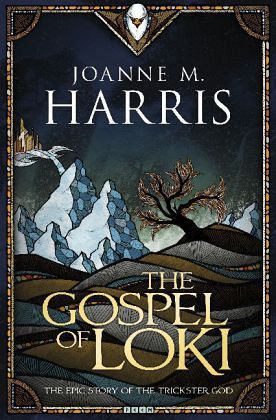

The understanding of redemptive history held by some Dispensationalists (to be sure, an extreme sect of Dispensationalism, not held by MacArthur) has more in common with the Ebonite heresy of the first and second centuries AD than it does orthodox Christianity.Įven the more mainstream versions of Dispensationalism, (e.g., the modified Dispensationalists of which MacArthur is one), hold to a reading of redemptive history that is at odds with that taught by the Epistle of Barnabas (c.

It is not just another branch of the historic Christian church. By that time, the Reformed Churches had been teaching the Heidelberg Catechism for 150 years in the American Colonies (and later the USA).įrom the perspective of the historic Christian church, Dispensationalism is a Modern sect. Dispensationalism made it to these shores in the mid-nineteenth century. To put that in perspective, the Reformation, which is a relatively recent movement considered against the whole history of the post-Apostolic church, was about 309 years old when Dispensationalism emerged among the Plymouth Brethren in England and Ireland. It was born in the early nineteenth century. Dispensationalism: A Modern Paradigmĭispensationalism is a Modern movement.

Before we dive into the preface of GAJ, we should shore up two points from the first installment: 1) The Modernity of Dispensationalism and 2) The fundamental nature of the distinction between law and gospel.


 0 kommentar(er)
0 kommentar(er)
